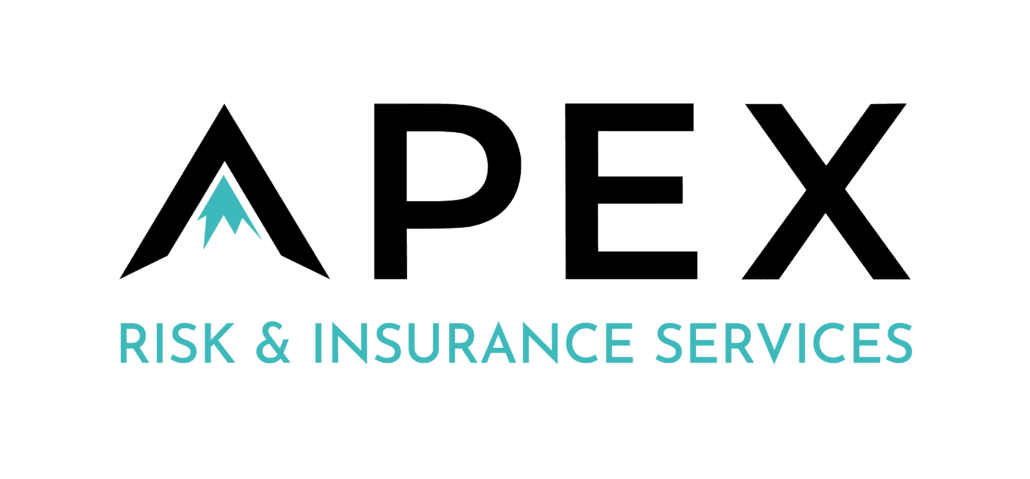Directors & Officers Liability Insurance: For-Profits
D&O offers liability coverage for company directors and officers to protect them if they are sued as a result of performing their duties at a business. This form of liability insurance serves as a standard indemnification provision, which protects officers in their role in a business.
What Does D&O Insurance Cover?
Directors and officers’ insurance can cover settlements and defense costs. Additionally, D & O insurance can cover other costs associated with wrongful act allegations and lawsuits.
What Does D&O Insurance NOT Cover?
Most D&O policies exclude:
- Fraud
- Criminal activity or offenses
- Illegal profits
Additionally, most policies include “insured vs. insured” clauses. In these clauses, no claim is paid when current or former directors and officers sue the company. This prevents the company from profiting from conspiracy.
How Does D&O Liability Insurance Work?
The process of D&O insurance is straightforward. First, a manager allegedly fails to perform a duty in their role. As a result of this act, several claimants sue the director or operator. The legal team or risk management team is then informed of the situation and provides this information to the insurer.
According to Investopedia, “If the claim is covered, the insurer covers the defense costs. If the claim is covered and the case is lost, the insurer pays for the defense costs and the financial losses.”
However, those purchasing D&O insurance should be sure to understand their policy and their coverage in an event of a director or operator being sued.
Let’s Talk About Side A, Side B, and Side C
The typical D&O insurance policy includes three types of insuring agreements. These insuring agreements are commonly referred to as Side A, Side B, and Side C.
Side A
Side A coverage covers directors and officers for claims where:
- The company refuses to pay for indemnification, or
- The company is financially unable to pay for indemnification
For example, this situation may occur if the company has declared bankruptcy.
Under Side A coverage, the individual officer is insured and it’s their personal assets that are at risk.
Side B
Side B coverage covers the losses of directors and officers when the company grants indemnification. Side B is for the benefit of the corporation.
The policy will reimburse the company for legal fees and costs. With Side B coverage, the company is insured but the corporate assets are at risk.
Side C
Side C, also referred to as entity coverage, extends coverage for the corporate entity itself.
Many officers and directors will want a company to offer D&O insurance.
What Parties Might Sue Directors and Officers?
The parties suing a director and/or officer may include:
- Investors
- Customers
- Employees
- Vendors
- Competitors
- Other parties
What Are Some Common Risk Scenarios?
Some common risk scenarios include:
Employment Malpractice: This scenario involves legal claims brought by current or former employees against the company’s management or board members. These claims can range from allegations of wrongful termination and discrimination to harassment and wage disputes. D&O insurance can provide vital protection in such cases, as directors and officers may be personally implicated.
Reporting Errors: Inaccurate financial reporting or failure to disclose important information can lead to legal consequences. Shareholders, regulatory bodies, or investors may file lawsuits alleging that the company’s leadership knowingly misrepresented financial data or omitted critical details. D&O insurance can cover the costs of defending against these allegations.
Inaccurate Disclosures: Similar to reporting errors, inaccurate disclosures involve providing false or misleading information to stakeholders, regulatory authorities, or the public. These claims often arise in cases of securities fraud or misrepresentation of a company’s financial health. D&O insurance helps safeguard the personal assets of directors and officers in such situations.
Insolvencies: When a company faces financial distress or insolvency, its directors and officers can become targets of litigation. Creditors, shareholders, or bankruptcy trustees may allege that the leadership’s decisions or actions contributed to the insolvency. D&O insurance can provide crucial financial support during these complex legal battles.
Regulation Violations: Non-compliance with industry regulations, government mandates, or securities laws can result in regulatory investigations or legal actions. Directors and officers may be accused of failing to uphold their fiduciary duties by allowing these violations to occur. D&O insurance helps mitigate the personal liability risks associated with regulatory violations.
Not Sure if Your Company Needs D&O?
We use the Apex Proven Process to learn about your business, strategize to assemble the right program for you, and use our deep industry and market knowledge to leverage the best pricing and coverage, and ultimately help guide your decision-making.
For more information, check out our full guide to Directors & Officers insurance, here.
What is the Apex Proven Process?
We take the time to understand the full operations of your business. We use this information to do a deep dive into the insurance program, asking questions including:
- What coverage do you have?
- What are the limits?
- How much does it cost?
We utilize these comparisons to find where improvements can be made in your program.
Read on to learn what makes Apex different, here.
Learn more about us, here. We are dedicated to providing custom solutions.




